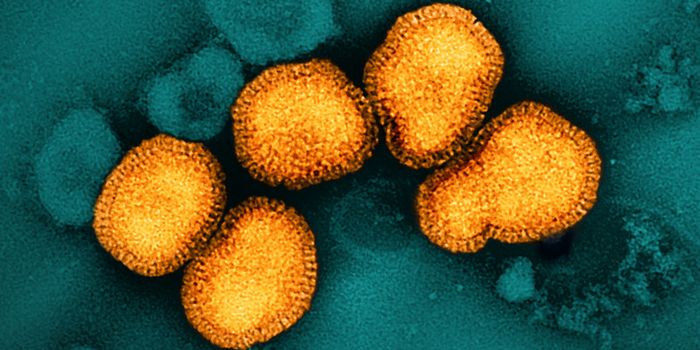Zika virus is a hot topic, especially because it may cause microcephaly. Researchers are working diligently to develop strategies to curb the spread of this virus - either through vaccines or measures that control the mosquito population.
Look no further than the mighty bacterium Wolbachia. Researchers from the Oswaldo Cruz Foundation in Brazil report that Wolbachia-infected mosquitoes transmit Zika less effectively than their “healthy” counterparts.
Wolbachia is an intracellular, parasitic microbe that infects many insects, including mosquitoes. It has been known for some time that Wolbachia hinders Dengue virus transmission by mosquitoes. This is probably due to the fact that Wolbachia, like Dengue, replicates inside mosquito cells, forcing Wolbachia and Dengue to compete for resources (evidently, Wolbachia wins). In fact, Wolbachia is being used as part of a non-profit program called Eliminate Dengue.
Because Dengue and Zika viruses are very similar, the researchers, led by Luciano Moreira, reasoned that Wolbachia might be useful in curbing the spread of Zika. According to Moreira, “the idea has been to release Aedes mosquitoes with Wolbachia in the field over a period of a few months, so they mate with
Aedes mosquitoes without
Wolbachia living in the place and, over time, replace the mosquito population” (
Wolbachia are inherited by mosquito offspring).
The group tested this idea by allowing wild type and Wolbachia-infected mosquitoes to feed on human blood containing Zika. Two weeks later, the Wolbachia-infected mosquitoes harbored significantly fewer viral particles in their cells and saliva than wild type mosquitoes. Importantly, virus particles from the saliva of Wolbachia-infected mosquitoes did not cause disease in other, wild type mosquitoes, indicating that the Wolbachia-infected mosquitoes could not transmit the virus.
These findings represent an important step forward in the battle against Zika transmission. Moreira is cautiously optimistic, however. “We know that there will not be only one solution for Zika--we have to do this alongside different approaches, like vaccines or insecticides, besides the public measures to control Aedes breeding sites”, he says.
Source: Cell Host & Microbe,
Science Daily, Wikipedia,
Eliminate Dengue









